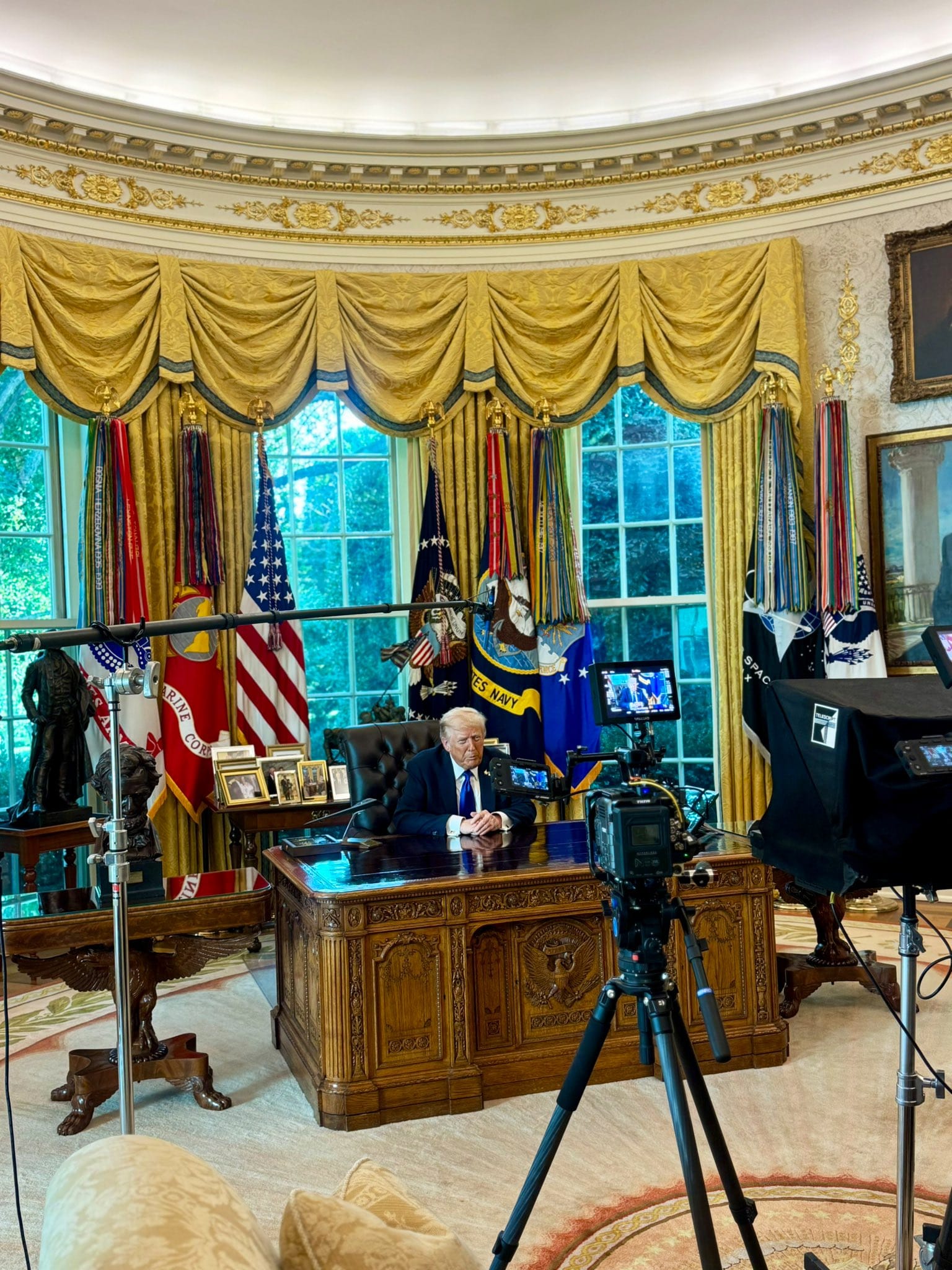Is There A Ceasefire In Gaza?

Hamas’ Partial Acceptance: A Pause, Not Peace
In the midst of Gaza’s unending suffering, there has come a sudden glimmer of hope: Hamas has agreed to parts of Donald Trump’s peace proposal. A moment that many hope marks the turning of a tide, yet carries danger if it becomes a fragile illusion.
Hamas has committed to releasing all remaining Israeli hostages - whether alive or deceased - under the “exchange formula” laid out in the proposal.
They’ve also expressed willingness to hand administrative control of Gaza to a body of Palestinian technocrats, so long as those technocrats are chosen by Palestinians themselves and not imposed by external powers.
However, crucial elements remain unresolved: disarmament, final governance, borders - all deferred to future negotiation.
In short: Hamas has accepted parts of the plan - but rejected terms that would amount to surrender. This is not a full ceasefire. It is a strategic pause, loaded with potential and peril.
Why This Is Not A Ceasefire Yet
Agreeing to parts of a plan does not dismantle war:
- No disarmament: Hamas has not yet agreed to lay down its weapons - a demand that sits at the heart of Israel’s and U.S. expectations. Without it, Israel can claim the deal is incomplete.
- Hostage logistics are vague: While Hamas says it will free the captives, it acknowledges that locating hostages and coordinating their release will take time, which is something Donald Trump is reluctant to give.
- Key issues postponed: Gaza’s future - who governs, how sovereignty works, - is left to further talks and consensus-building among Palestinian factions.
- Israel’s conditional acceptance: Netanyahu’s government says it’s ready to begin implementing aspects of the deal, but without committing to halting all military operations immediately. They have however reduced military activity dramatically since being asked by Trump, although seven people have known to be martyred overnight since Trump’s announcement.
This is not a surrender of fire, but a breathing space. And in the context of Gaza - where bombing continues even as diplomatic words fly - that pause is as precarious as it is precious.
What Might Come Next - And What to Watch
This “pause” could pivot toward relief or ruin:
- Hostage/prisoner exchange: The most likely concrete outcome. Hamas has already signaled it’s prepared to release the remaining 48 hostages.
- Temporary reduction in bombing: Trump has called for Israel to “immediately stop bombing Gaza” to facilitate safe exchanges.
- Negotiation over governance: Will the technocrat model stand? Will Hamas be marginalized, or retain influence?
- Possibility of collapse: Missed deadlines, re-escalation, or unilateral violations could shatter the pause.
We must watch the follow-through: whether Israel lives up to its commitments, which has not happened since Oct 7th, even a lot of the prisoners they’ve released previously, have been rearrested. Whether Palestinian voices are centred, and whether this moment becomes leverage for lasting restraint - or simply another break in the violence.
A Glimmer in Trump’s Response - But Skepticism Required
Donald Trump’s reaction to the deal injects both hope and caution. He publicly ordered Israel to immediately halt its bombing in Gaza, saying Hamas had accepted parts of the proposal and urging the release of hostages.
He expressed belief that Hamas is “ready for lasting peace.”
Such statements matter. They crack political cover for Israel’s military campaigns and validate global calls to end the slaughter. When the U.S. president demands a bombing halt, pressure consolidates.
But do not mistake the crack for a collapse. Trump’s record is fraught with extremes, sudden reversals, and shifting allegiances. One day he’s the voice of restraint; the next he praises Israeli “defense” as absolute. His promises may serve optics more than justice.
We should welcome encouraging words - but not repose in them. The real test will be whether they translate into consistent pressure, policy shifts, or enforcement of human rights, rather than being used as another political gambit.
Final Thought: This Is Not Peace. It’s a Pause.
Hamas’s partial acceptance is a tactical move - not a concession. In a war built on genocide, where hundreds of thousands of Palestinians have perished, every momentary respite counts, but demands harder vigilance.
This pause can save lives - if international actors push it to hold, not let it fray. The moment is fragile, the stakes immense. Gaza’s suffering is far from over. This is our moment to push - for accountability, for protection, for a real end to the bloodshed.
Now is not the time to relax. It is the time to raise our voices louder than ever.
